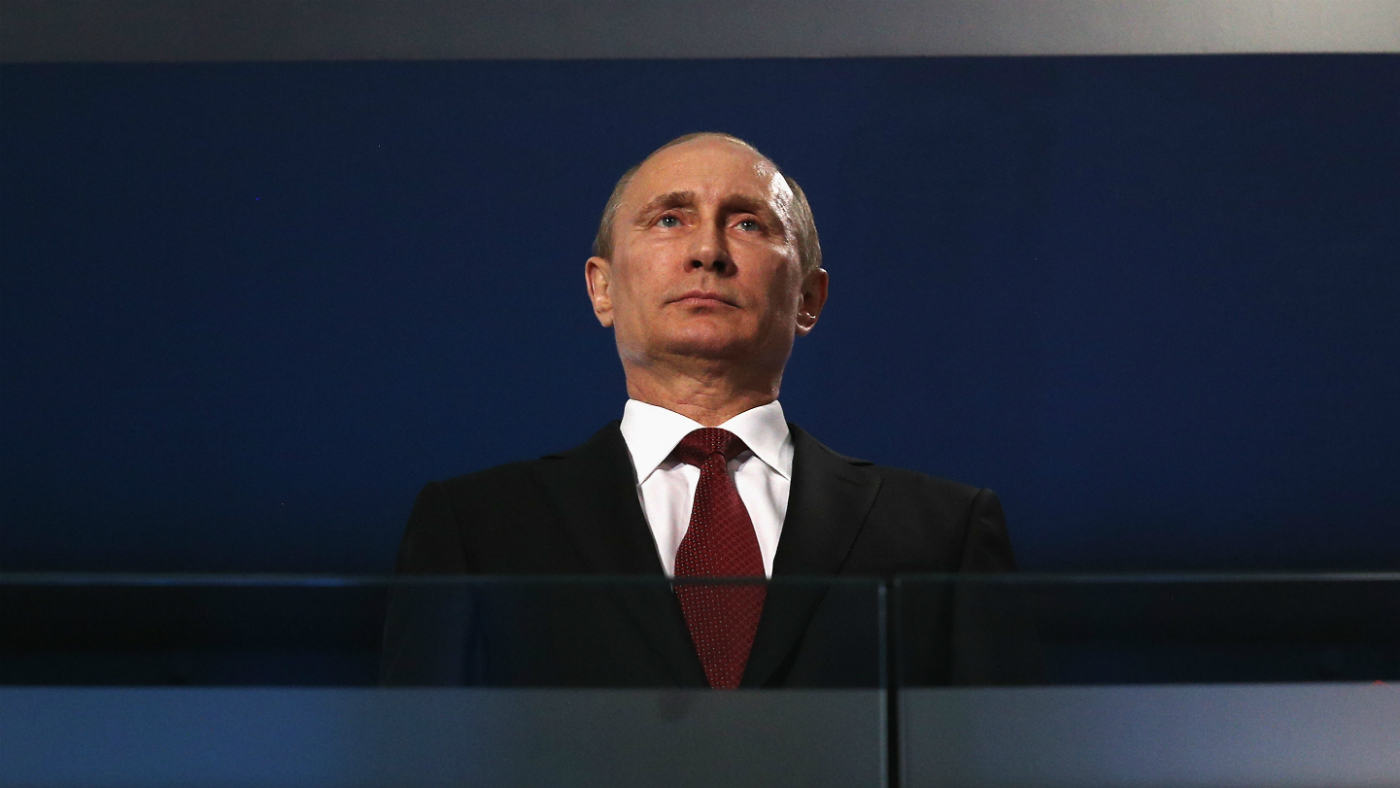UK to build international coalition against Russia
Former diplomat warns new, more combative strategy will be counter-productive

A free daily email with the biggest news stories of the day – and the best features from TheWeek.com
You are now subscribed
Your newsletter sign-up was successful
Britain will use a series of gatherings of world leaders this year – the G7, G20, Nato and EU summits – to try to build a global coalition opposing Russia after chemical attacks in Syria and the UK.
The Government plans to shift its strategy from conciliating Russia to direct opposition, says The Guardian, believing the groundwork has already been laid – but at least one high-ranking former diplomat says this will be a mistake.
A Whitehall official told the paper: “The Foreign Secretary regards Russia’s response to [the chemical attack in the Syrian town of] Douma and Salisbury as a turning point and thinks there is international support to do more.
The Week
Escape your echo chamber. Get the facts behind the news, plus analysis from multiple perspectives.

Sign up for The Week's Free Newsletters
From our morning news briefing to a weekly Good News Newsletter, get the best of The Week delivered directly to your inbox.
From our morning news briefing to a weekly Good News Newsletter, get the best of The Week delivered directly to your inbox.
“The areas the UK are most likely to pursue are countering Russian disinformation and finding a mechanism to enforce accountability for the use of chemical weapons.”
A cross-party consensus is developing in parliament to respond to Russian corruption, aggression and mendacity as security and foreign policy threats – rather than prioritising trade and other economic matters.
Jeremy Corbyn has been less willing to point the finger at Russia, but last month The Daily Telegraph said he was being “openly disowned by his own MPs amid accusations that he has sided with President Assad and Vladimir Putin over military intervention in Syria”.
Ministers wanting to impose fresh sanctions would therefore find significant support on Labour benches. According to The Guardian, they would like other nations to join them in a “containment” strategy for Russia. This would involve cybersecurity, Nato’s military position, more sanctions and tackling Russian propaganda.
A free daily email with the biggest news stories of the day – and the best features from TheWeek.com
Out-and-out lies
As it tries to consolidate an international consensus, the UK will make the case that Russia is “a state uninterested in co-operating to reach a common understanding of the truth”.
Alicia Kearns of the Foreign Office said: “When we are dealing with most malign states or even terror groups, an element of truth is expected to increase the efficacy of their disinformation, but with Russia there is no commitment, or adherence, to the truth.”
The Guardian says British diplomats feel there is a need to accept that Russia is not playing by the rules – and to “call out” its falsehoods.
But some experts feel so combative an approach would be an error. Sir Anthony Brenton, the British ambassador to Russia between 2004 and 2008, said the best strategy was to pursue areas of common interest, such as nuclear disarmament, tackling terrorism and limiting cyberwarfare.
He said: “Elementary diplomacy goes a long way with the Russians and we need to get back to that.”